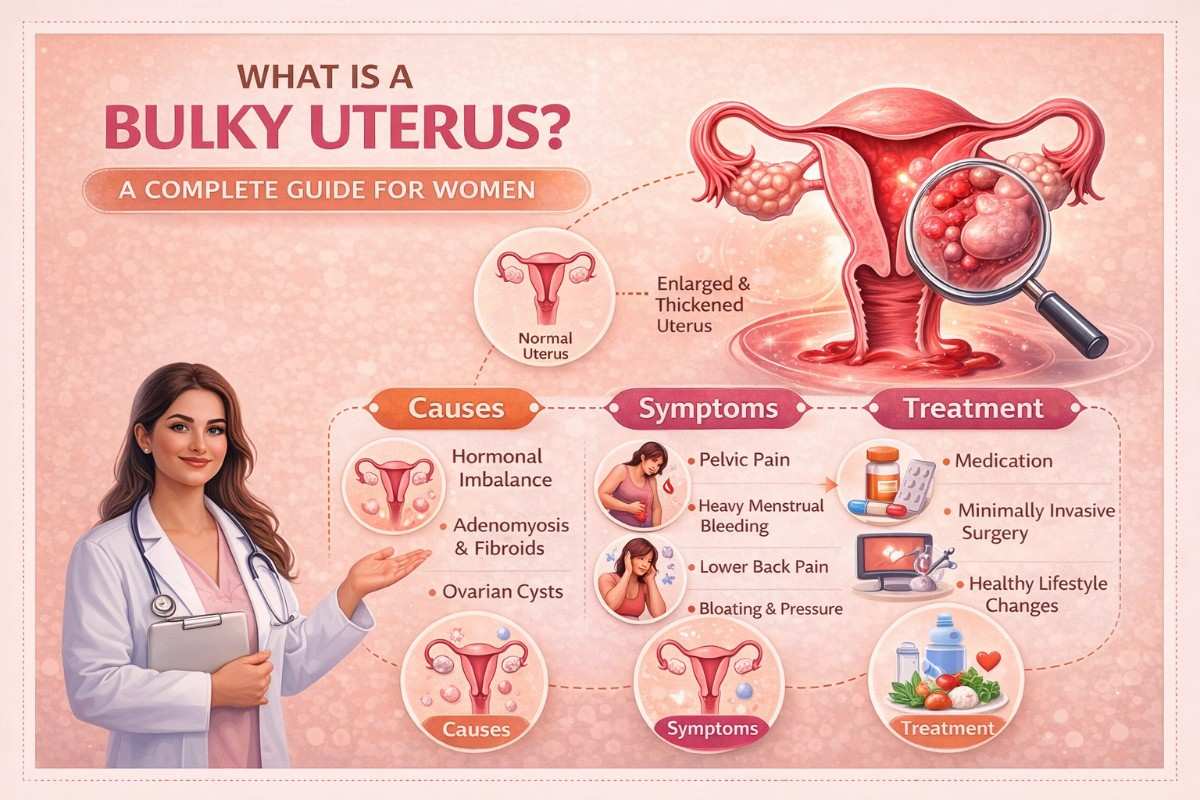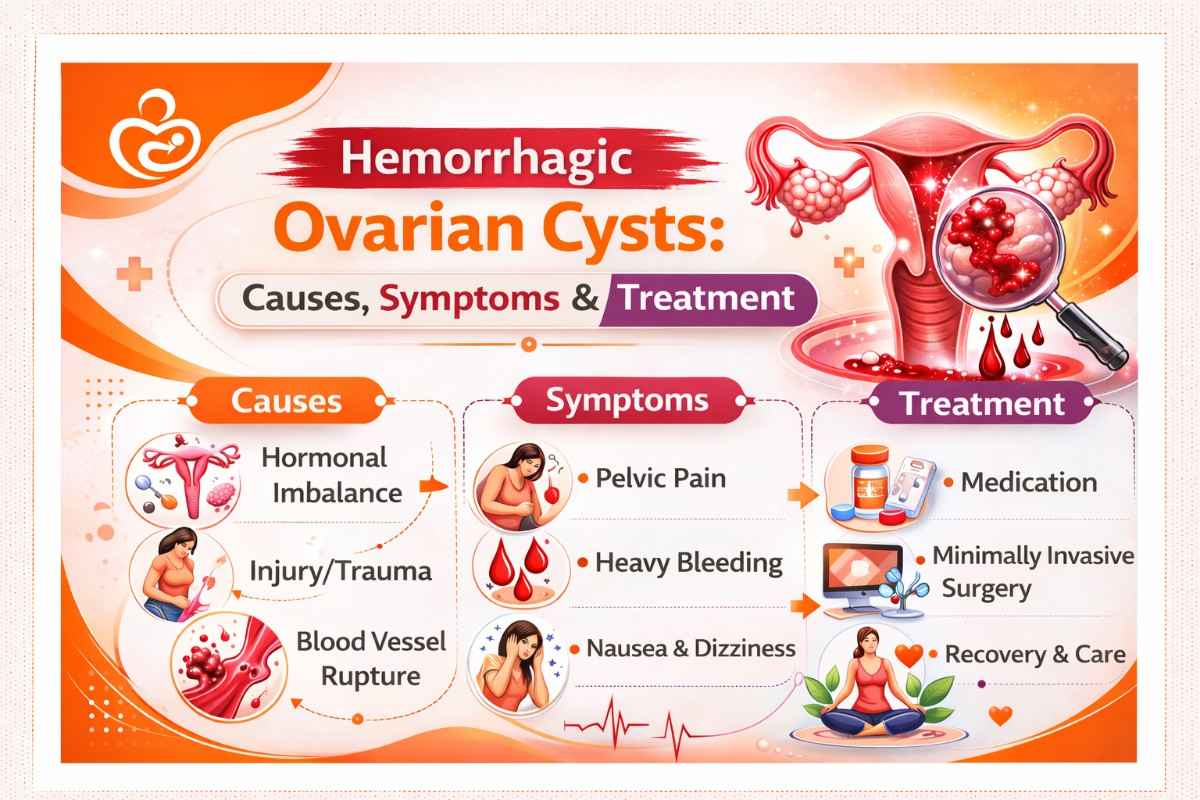Intrauterine Insemination (IUI) is a less invasive fertility treatment that many couples consider. As you begin your parenthood journey, one of the most important questions is: What is the IUI success rate? It’s essential to assess the true effectiveness of this procedure and understand the many vital factors that can impact your final result.
The success rate of IUI is not the same for every couple because each couple’s success may depend on several different factors, including their age, timing, and overall health. Once couples learn about how the procedure works, the possible IUI success, and the potential ways they can help improve their chances of success, they can proceed with IUI treatment with confidence.
IUI success (Intrauterine Insemination) refers to the odds of achieving pregnancy after fertility treatment. On average, rates of IUI success are between 10% and 20%, depending on certain factors, such as sperm quality, age of the woman, fertility issues and factors related to treatment. Younger women under 35 typically experience higher success rates compared to women over 40.
It is essential to determine that the success of IUI may not occur on the first attempt. Many couples may have to undergo multiple IUI cycles before achieving pregnancy. Also lifestyle factors can play a role in IUI success, such as maintaining a healthy body weight, not smoking, not drinking alcohol, and controlling stress. Hence, consulting with a fertility specialist assists couples in assessing unique circumstances and selecting whether IUI is the ideal option for them or if alternatives like IVF may be a more effective solution for them.
What Does the IUI Procedure Involve?

- Monitoring Ovulation: The cycle is observed either naturally or through fertility medications, followed by ultrasound and/or blood tests to monitor follicle growth and determine the optimal time for insemination.
- Collecting and Preparing Sperm: A Sperm sample is collected by professionals from the male partner/donor. Then, the sperm is thoroughly washed in the lab to purify it from the semen and separate the motile and viable sperm from any debris and impurities in the specimen.
- Intense Insemination Process: Insemination requires using a flexible, thin catheter to introduce prepared sperm directly to the uterus. It is quick, painless and consumes only a few minutes.
- Post-IUI Process Rest: The patient needs to rest for a shorter period before resuming normal activities. However, no anaesthesia is used, nor is a recovery period required.
- Follow-up stage: Two weeks later, you will need to undergo a pregnancy test to confirm if the process was successful.
Understanding IUI Success Rate By Age
The success of IUI largely depends on the woman’s age, as fertility naturally declines as they age. In general, when the female is younger, the chance of achieving conception through IUI tends to be greater. Moreover, the IUI treatment success rate can decrease with advancing age, which makes age an essential aspect to consider when analyzing fertility treatment outcomes.
- Women under the age of 35: The success rate of IUI every cycle is normally between 20% and 25%.
- Women between 35 and 37 years: The Success rate can decline to 10% to 12% per cycle.
- Women between the ages of 38 and 40: They have a decreased success rate, ranging from 7% to 9% each cycle.
- Women over 40 years: The Success rate can decline drastically by 2% to 5% per cycle.
How Does Age Influence IUI Success Rate?
Women are born with a varied number of eggs they will ever have. As they age, the number and quality of eggs tend to decline. Around the age of 35, fertility usually begins to decline noticeably, and as a woman reaches her 40s, chances of natural conception or success with fertility treatments such as IUI are lower.
Here’s why age affects IUI outcomes:
- Older eggs have a high chance of chromosomal abnormalities in a child.
- Uterine conditions – fibroids can become common with increasing age.
- Hormone levels can fluctuate with age, which affects the ovulation process.
Key Factors Influencing IUI Success (Beyond Age)

The keys to a successful IUI process rely on several aspects, which involve fertility challenges, a woman’s age (discussed above), and other factors.
1. Sperm Quality and Count
Sperm quality and health are also important in the success of IUI. Morphology, sperm motility, and overall sperm count all will impact the odds of successful fertilization. High sperm counts and overall enhanced motility increase the chances of sperm reaching and fertilising an egg. Still, if the quality of sperm is poor, then extra treatment, such as sperm washing or advanced fertility methods, is recommended to improve treatment outcomes.
2. Condition of the Fallopian Tubes and Uterus
For IUI treatment to result in a successful conception, the fallopian tubes and uterus must be healthy and clear of blockages. The fallopian tube needs to have a clear pathway for the sperm to travel toward the egg. In addition, problems such as endometriosis, uterine fibroids or scarring inside the uterus provide problems with implantation and further decrease the chances of success with IUI.
3. Ovarian Reserve and Egg Quality
A woman’s ovarian reserve tells us how many eggs and the viability of her eggs are available for ovulation, which affects the outcome of IUI. A woman with a diminished ovarian reserve may have fewer eggs available at ovulation and a lower chance of fertilization. In terms of embryo development, egg quality will affect the embryo’s viability, whereby a poor-quality egg may not fertilize and may also result in an early pregnancy loss. Some tests, such as AMH levels, FSH, or Antral Follicle Count, can be performed to assess ovarian reserve, which helps gauge and navigate IUI treatment.
4. Timing of Insemination
Accurate timing of IUI treatment is essential for achieving success. Insemination must occur during the fertile window, 24 to 36 hours after triggered or detected ovulation. However, incorrect timing can reduce the chances of sperm meeting the eggs, which lowers success rates. Clinics often utilize ultrasound tracking and ovulation prediction kits to ensure insemination is timed optimally.
Top IUI Success Tips For Couples to Consider
If you plan to undergo IUI treatment, there are a few factors that couples must consider to increase the chances of success:
- Eat Fertility-Friendly Foods: Include leafy greens, lean protein, and whole grains in your diet.
- Quit Smoking and Limit Alcohol Consumption: Both can reduce fertility in men and women.
- Monitor Your Ovulation: Apps or ovulation kits for IUI might be more useful.
- Supplements: Folic acid, CoQ10, and other supplements help to improve egg quality in younger women. You should talk to a physician before taking supplements.
- Reduce your Stress: Consider incorporating yoga, gentle exercise, or meditation to help maintain healthy hormone levels.
Your doctor may well recommend you use IUI with clomid or letrozole to help with ovulation and improve IUI outcomes.
Conclusion
Finding out the IUI success rate can be important to couples considering fertility treatments, to set their expectations correctly and to provide couples with an opportunity to make informed decisions. Although age remains a critical factor, other factors include fertility conditions, insemination timing, lifestyle factors, and factors beyond your control. Along with proper medical care, emotional and social support, and the idea that starting a family has potential via IUI and offers hope of parenting. For a personalized assessment of your IUI success rate and treatment plan, connect with Ritu IVF’s fertility experts today!
FAQs
1. What is the IUI success rate on first try?
The IUI success on the first attempt differs between the range of 15% to 25%, depending on factors like age and fertility conditions.
2. How likely is my 2nd IUI attempt to succeed if the first try failed?
The 2nd IUI success rate (if changes are made with the treatment) is similar or a bit higher.
3. What to do after IUI for success?
After achieving IUI success, you must rest moderately, follow the doctor’s instructions and maintain a healthy lifestyle.
4. How many IUI cycles are usually recommended?
Usually, it is recommended to go through 3-6 cycles before looking for other fertility options.




